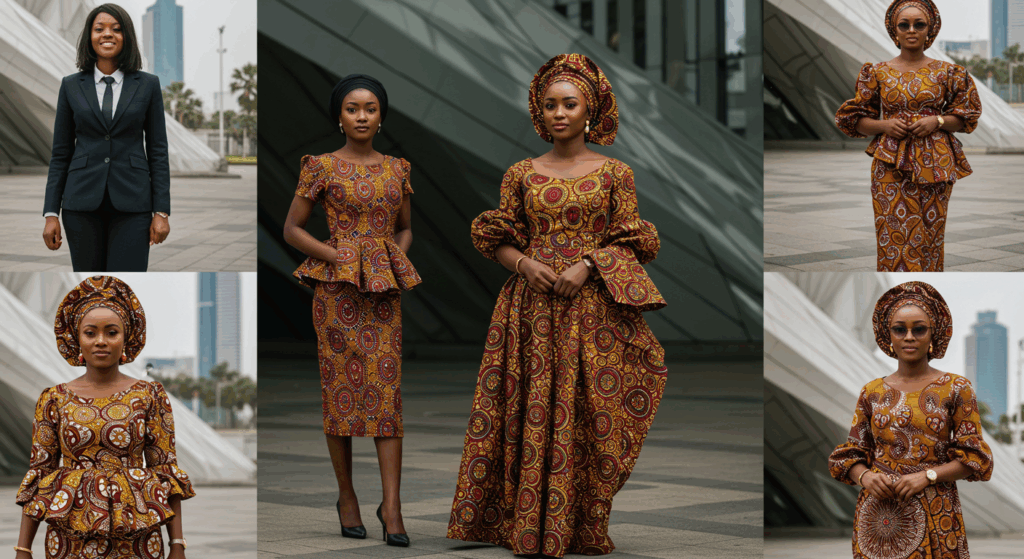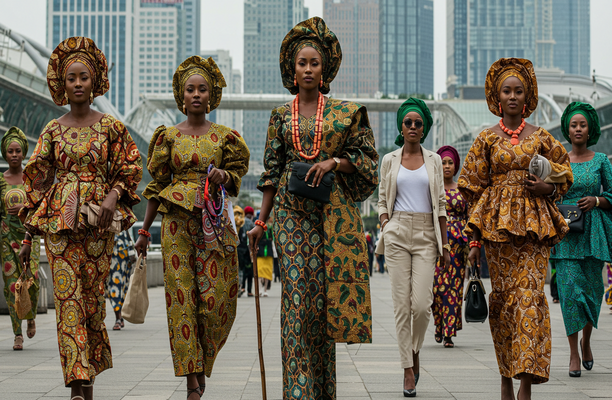By Bababunmi Agbebi
The label of women as the “weaker vessel” persists, despite clashing with both logic and modern reality. In a world where women lead nations, innovate, raise families, and shatter records, the notion of inherent gender-based weakness feels outdated and flawed.
Individual struggles shouldn’t be reduced to gender. Human capability varies widely, and broad generalizations ignore personal complexity.
The phrase “weaker vessel” originates from 1 Peter 3:7, often misinterpreted to imply female inferiority. Such a reading is narrow and fails to account for cultural context. Today, we see women who are bold, capable, and resilient—just as we see flaws and virtues in all people, regardless of gender. Strength, weakness, and character are not gendered—they are human.
This misused phrase has historically justified exclusion and paternalism. Thankfully, evolving thought and scholarship now challenge such constructs, offering a richer view of gender and identity.
However, advocating for equality shouldn’t erase difference. Equality does not mean sameness. Men and women may differ biologically or socially, but these distinctions need not imply hierarchy. Instead, they can foster mutual respect and partnership.

If “weaker vessel” holds any relevance today, it should be reinterpreted as a call to care—not out of superiority, but out of love and respect. A man offering protection or support should do so as a gesture of shared humanity, not condescension.
Ultimately, redefining this term means rejecting dominance-based interpretations in favor of understanding. Women are not weak because they are women. They, like men, are individuals—complex, capable, and deserving of respect.








